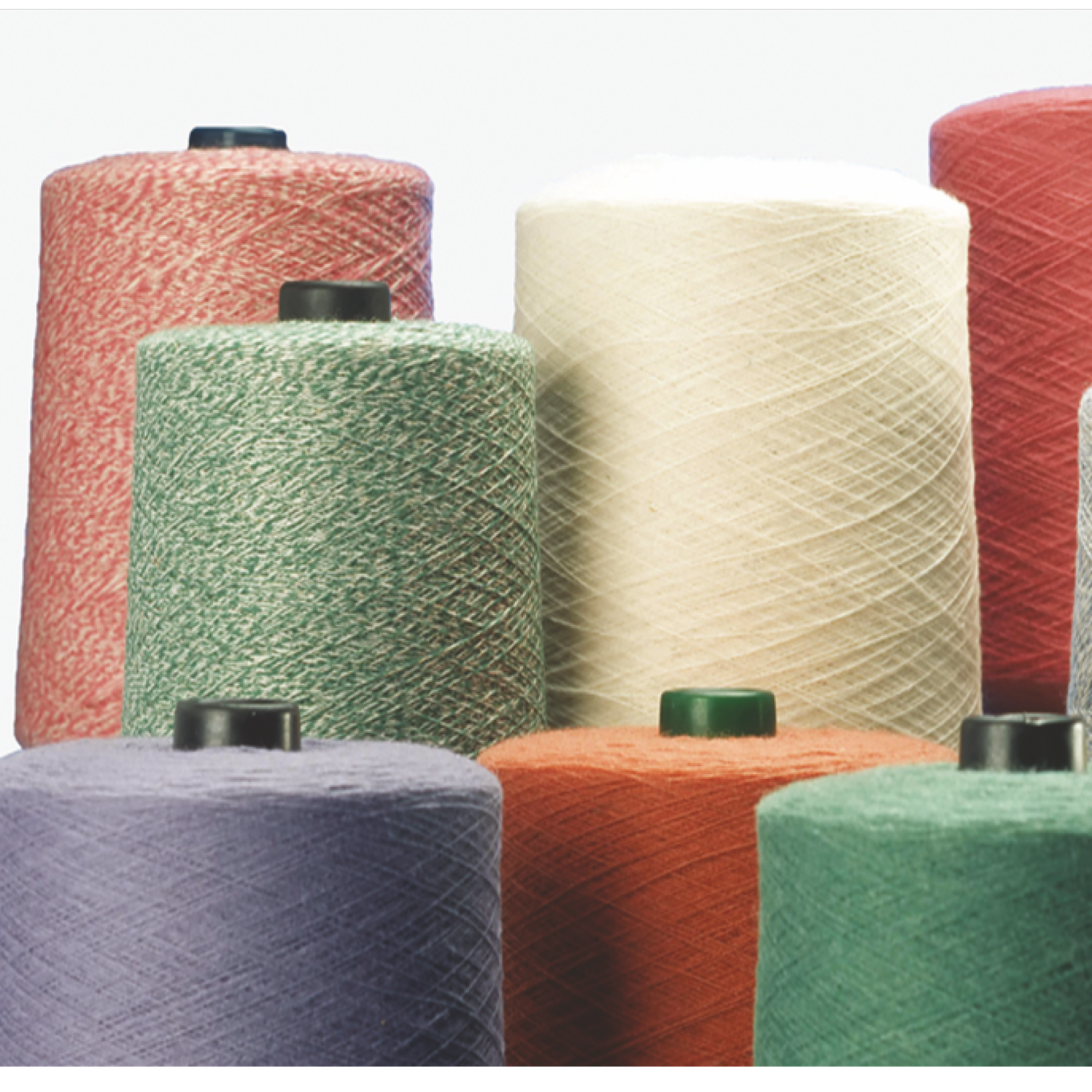- When it comes to circular knitting machine production, the choice of yarn is crucial for achieving high-quality knitted fabrics. Understanding the key requirements for knitting yarns can help manufacturers optimize their processes and enhance the final product’s quality. Here are the essential factors to consider:
1. Yarn Composition
- Cotton: Soft and breathable, ideal for summer.
- Wool: Warm and elastic, perfect for winter.
- Polyester: Durable and wrinkle-resistant, often blended for performance.
- Nylon: Strong and stretchy, great for activewear.
2. Yarn Count and Twist
The yarn’s fiber content plays a significant role in determining the final product’s properties. Common fibers used in circular knitting include cotton, wool, polyester, and nylon. Each fiber type offers unique characteristics:
Yarn count, which indicates the thickness of the yarn, affects the fabric’s density and feel. A finer yarn typically results in a lighter, more delicate fabric, while thicker yarns create heavier, more substantial materials. Additionally, the twist of the yarn influences its strength and appearance. Balanced twist is essential for uniformity and consistency during the knitting process.
3. Yarn Tension and Elasticity
In circular knitting, maintaining the right tension is vital to ensure even stitches and prevent fabric distortion. High elasticity in yarn allows for better stretch and recovery, which is particularly important for garments that require a snug fit. Manufacturers should choose yarns specifically designed for circular knitting to achieve optimal results.
4. Dyeing and Finishing Properties
The dyeing process can significantly impact the yarn’s performance in circular knitting. Yarns that are easy to dye and have good color fastness will yield vibrant, long-lasting colors in the final fabric. Additionally, finishing processes such as softening or water-repellent treatments can enhance the fabric’s usability and consumer appeal.
5. Compatibility with Machine Specifications
Different circular knitting machines have varying specifications and capabilities. It’s crucial to select yarns that are compatible with the machine type being used. Factors such as needle size, machine gauge, and speed must align with the yarn properties to ensure smooth operation and high-quality output.
6. Sustainability Considerations
With an increasing focus on sustainability in the textile industry, choosing eco-friendly yarns is becoming more important. Yarns made from organic fibers or recycled materials can appeal to environmentally conscious consumers and reduce the ecological footprint of production.
Conclusion
Selecting the right yarn is crucial for quality in circular knitting production. By considering composition, count, twist, elasticity, dyeing properties, machine compatibility, and sustainability, manufacturers can optimize their processes and enhance product quality. For more insights, explore our resources or reach out to our experts. Happy knitting!

 Single jersey circular knitting machine
Single jersey circular knitting machine
 Single jersey computerized jacquard knitting machine
Single jersey computerized jacquard knitting machine
 Double Jersey circular knitting machine
Double Jersey circular knitting machine
 Rib tansfer electronic jacquard knitting machine
Rib tansfer electronic jacquard knitting machine
 Double electronic jacquard circular knitting machine
Double electronic jacquard circular knitting machine
 Double jersey computerized acquard circular knitting machine
Double jersey computerized acquard circular knitting machine
 Double jersey mini jarquard knitting machine
Double jersey mini jarquard knitting machine
 Reverse or face side terryknitting machine
Reverse or face side terryknitting machine
 Terry electronic jacquard knitting machine(2/3ways)
Terry electronic jacquard knitting machine(2/3ways)
 High speed open width double jersey knitting machine
High speed open width double jersey knitting machine

 Automatic Linking intelligent socks knitting machine
Automatic Linking intelligent socks knitting machine
 computerized plain socks knitting machine
computerized plain socks knitting machine
 Double cylinder sock knitting machine
Double cylinder sock knitting machine



 Single jaquard scarf&hat knitting machine
Single jaquard scarf&hat knitting machine


